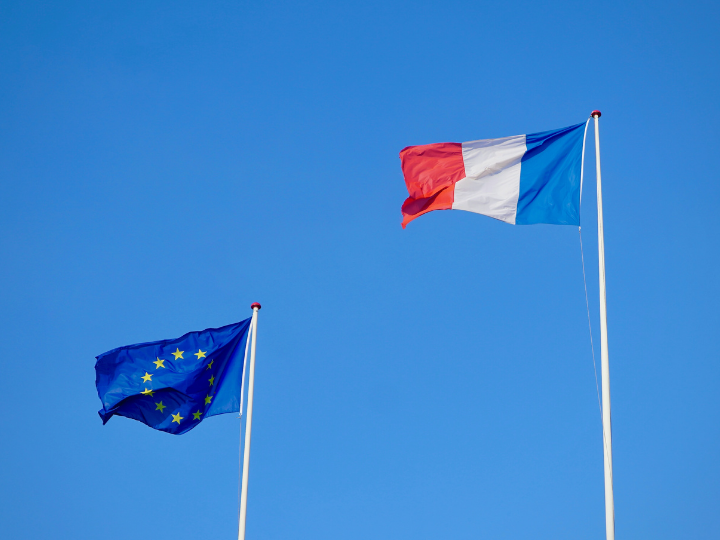by Stephan Richter
Across most of political Europe, it has become a commonplace assertion that Emmanuel Macron has a penchant for high-risk, if not reckless action.
Specifically, that charge is leveled regarding his calling for early parliamentary elections in the summer of 2024.
Macron’s rationale
But at a time when the only thing that still unites all the parties represented in the French parliament (with the exception of Marine Le Pen’s Rassemblement National) is not wanting new elections to resolve the political stalemate, the wisdom of Macron’s earlier move has become glaringly obvious.
The overarching reality in French politics, which Macron recognized, is that because of the intransigence of the other parties , Marine Le Pen’s RN party is getting dangerously close to taking over power.
A cool, calculating realist
As a cool, calculating realist, not an instinct-driven machine politician, Macron saw the clear and present danger that the other parties were ill-prepared to fend off a takeover of political power by the National Rally in France.
The key reason why the French President decided to call the parliamentary elections last year was that Macron wanted to force the hand of the other parties to use the time while he is still in office to prepare the French body politic not just for the general idea, but the absolute necessity of coalition governments.
The willingness to compromise
As France’s political coordinates have been moving to the right, the key question for the future of France, not just from Macron’s point of view, is the ability to hedge against political extremes, whether on the hard left or the hard right.
So Macron wanted to make sure that the remaining years of his tenure would be used constructively — to get French politicians used to coalition politics. Unfortunately, the opportunity that he provided for that has been wasted so far.
Still, Macron’s political calculus remains all the more valid as it would be hard to agree in time on the creation of more reliable political structures in some form of a “Sixth Republic,” which could smoothen the path for coalition governments.
The horrors of the Fourth Republic?
Of course, the standard objection against any adoption of coalition politics in France is the presumed horrors of the Fourth Republic with their quick succession of short-term collapsing governments.
But that history alone is not a sufficient reason to reject the obvious need for coalition politics. Most other governments on the European continent, including those with an imperial past, have managed to adapt to it.
Moreover, the current yearning for the magical emergence of another towering figure in the vein of Charles de Gaulle is quite ludicrous. This, too, underscores the correctness of Macron’s assessment of the current level of immaturity of the French political system.
Getting away with it for some time
Come to think of it, the emergence and subsequent election of Emmanuel Macron in the French presidential race of 2017 was, in a way, driven by the same yearning for the emergence of a leader that stood above the petty divisions of partisan politics.
One can only assume that Macron was very much aware that he would not get away with his act of daredeviling, which succeeded against very long odds, for a long time.
He must have reckoned that at some point the old parties would try very hard to have all their insider power games prevail again in French politics, whatever the consequences for the French nation as a whole.
Conclusion
Macron can legitimately claim that his call for early elections last year was ultimately made for the sake of French, and indeed European, democracy.
That the representatives of political parties which once dominated the French political scene (and are now shrinking significantly) still refuse to collaborate in earnest does not speak against Macron. Rather, it underlines their continuing retro-remindedness and short-sightedness.
That is nothing he can be blamed for.
*Publisher and “Editor-in-Chief of The Globalist, and Director of the Global Ideas Center, a global network of authors and analysts.
**Published first on TheGlobalist.com




 By: N. Peter Kramer
By: N. Peter Kramer
